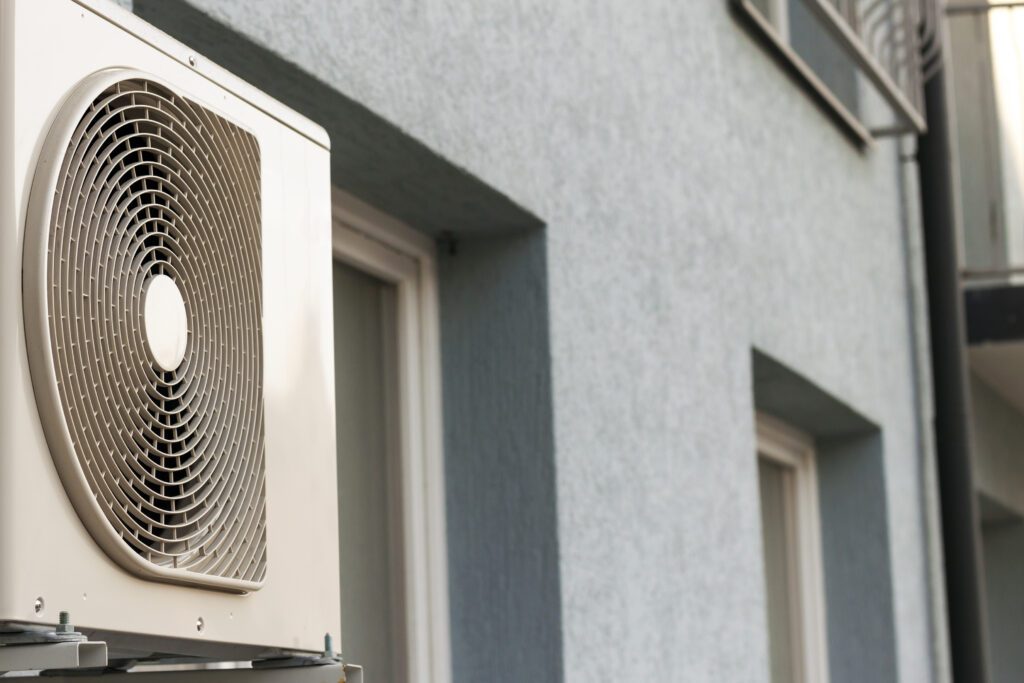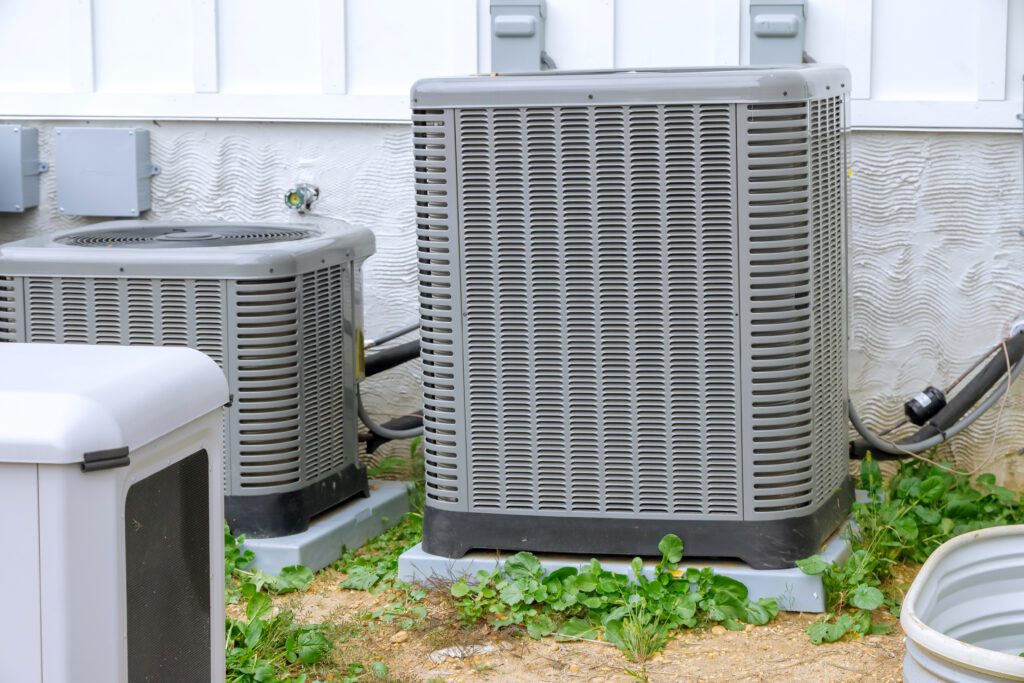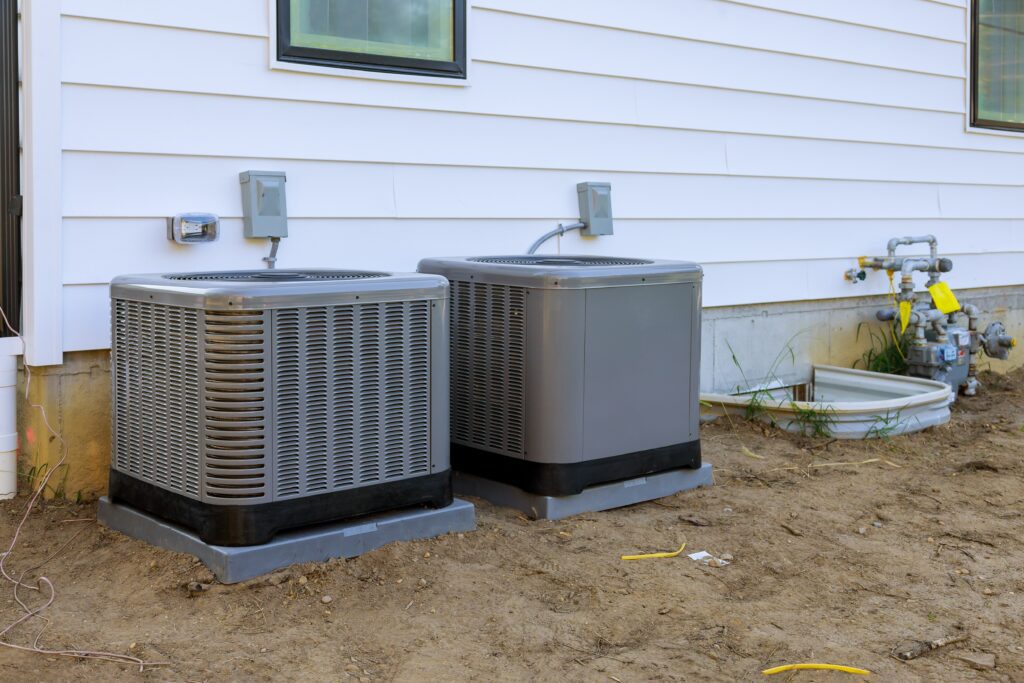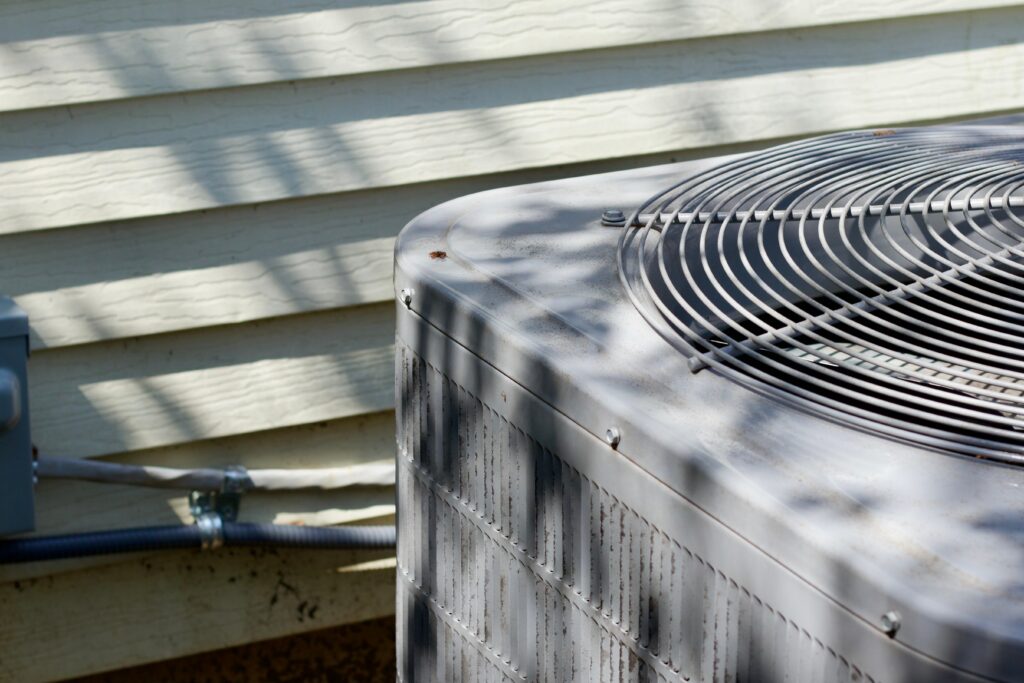Sustainable home HVAC systems are becoming an increasingly popular choice among homeowners who want to minimize their environmental impact and reduce energy consumption. In this comprehensive guide, we will explore the key components of sustainable HVAC systems, their benefits, and how to choose the right system for your home.
Understanding Sustainable Home HVAC Systems
What is a Sustainable HVAC System?
A sustainable HVAC system refers to a heating, ventilation, and air conditioning system that is designed to minimize energy consumption and carbon emissions. These systems often utilize renewable energy sources and advanced technologies to provide efficient heating and cooling solutions.
By employing sustainable practices, homeowners can reduce their ecological footprint while enjoying comfortable indoor temperatures throughout the year. Sustainable HVAC systems offer a variety of benefits, ranging from cost savings to improved indoor air quality and reduced environmental impact.
One common feature of sustainable HVAC systems is the use of geothermal heat pumps, which harness the natural heat stored beneath the Earth’s surface to provide heating in the winter and cooling in the summer. These systems are highly efficient and can significantly reduce energy consumption compared to traditional HVAC systems.
The Importance of Sustainability in HVAC Systems
As concerns about climate change and environmental sustainability continue to grow, the importance of sustainable HVAC systems cannot be overstated. Traditional HVAC systems rely heavily on fossil fuels, contributing to greenhouse gas emissions and exacerbating climate change.
In contrast, sustainable HVAC systems prioritize energy efficiency, utilize renewable energy sources, and minimize waste. By adopting these systems, homeowners can contribute to a cleaner and greener future, reducing their reliance on non-renewable resources and minimizing their carbon footprint.
Another key aspect of sustainable HVAC systems is the incorporation of smart technology, such as programmable thermostats and zoning systems. These technologies allow homeowners to optimize their energy usage by tailoring heating and cooling settings to their specific needs, ultimately leading to greater energy savings and reduced environmental impact.
Components of a Sustainable HVAC System

Energy-Efficient Air Conditioners
Air conditioning units are essential for maintaining comfortable indoor temperatures, particularly during hot summer months. Energy-efficient air conditioners are designed to use less energy without sacrificing performance. These systems often feature advanced compressor technology and improved insulation, allowing homeowners to cool their spaces while minimizing energy consumption.
Upgrading to an energy-efficient air conditioner can result in significant cost savings on energy bills, as well as a reduced environmental impact. Look for units with high Seasonal Energy Efficiency Ratio (SEER) ratings, which indicate better efficiency.
But did you know that energy-efficient air conditioners not only save you money and help the environment, but they also contribute to a healthier indoor environment? These units are designed to improve indoor air quality by reducing the presence of allergens and pollutants. They often come equipped with advanced filtration systems that capture dust, pollen, and other airborne particles, providing cleaner and healthier air for you and your family.
Geothermal Heat Pumps
Geothermal heat pumps leverage the renewable energy stored in the ground to provide efficient heating and cooling. These systems utilize a series of pipes buried in the earth to transfer heat and maintain desired indoor temperatures.
By tapping into the earth’s constant temperature, geothermal heat pumps can significantly reduce energy consumption and lower heating and cooling costs. While the initial installation costs may be higher than traditional HVAC systems, the long-term cost savings and environmental benefits make geothermal heat pumps an attractive option for sustainable homes.
Moreover, geothermal heat pumps have a longer lifespan compared to conventional heating and cooling systems. With proper maintenance, these systems can last up to 25 years or more, providing reliable and efficient heating and cooling for your home. This longevity not only saves you money in the long run but also reduces the amount of waste generated from replacing HVAC systems frequently.
Solar Heating Systems
Solar heating systems harness the power of the sun to provide warmth for homes. These systems typically consist of solar panels that collect sunlight and convert it into usable heat. The heat is then distributed throughout the home via a forced air or radiant floor heating system.
By utilizing renewable solar energy, homeowners can reduce their reliance on fossil fuel-based heating methods. Solar heating systems can provide significant cost savings, especially in regions with ample sunlight. Additionally, these systems have minimal environmental impact, as they produce clean energy with no carbon emissions.
Not only do solar heating systems help reduce greenhouse gas emissions, but they also contribute to energy independence. By generating your own heat from the sun, you are less dependent on external energy sources, giving you more control over your energy consumption and costs. It’s a win-win situation for both your wallet and the planet!
Benefits of Sustainable HVAC Systems

Cost Savings Over Time
One of the primary advantages of sustainable HVAC systems is the potential for long-term cost savings. While the initial installation costs may be higher than traditional systems, sustainable HVAC systems consume less energy, leading to reduced utility bills over time. Homeowners can recoup their investment through lower energy bills and potential tax credits or incentives offered for adopting sustainable practices.
Moreover, sustainable HVAC systems often require less maintenance and have longer lifespans than their conventional counterparts, leading to additional financial benefits and peace of mind for homeowners.
Environmental Impact Reduction
By embracing sustainable HVAC systems, homeowners can significantly reduce their environmental impact. Traditional HVAC systems rely on fossil fuels such as natural gas or coal, which contribute to carbon emissions and air pollution.
In contrast, sustainable HVAC systems utilize renewable energy sources or consume significantly less energy, resulting in reduced greenhouse gas emissions. This reduction in carbon footprint helps mitigate climate change and creates a cleaner and healthier environment for all.
Improved Indoor Air Quality
Indoor air pollution is a significant concern in many homes, leading to various health issues. Sustainable HVAC systems address this problem by incorporating advanced filtration systems that improve indoor air quality.
These filtration systems can remove contaminants, allergens, and pollutants, ensuring that the air circulated within the home is clean and healthy. Improved indoor air quality can lead to enhanced respiratory health, reduced allergies, and a more comfortable living environment.
Furthermore, sustainable HVAC systems often come with smart technology features that enhance their performance and efficiency. These advanced systems can monitor indoor and outdoor conditions, adjusting settings accordingly to optimize energy usage and comfort. For example, they can detect when a room is unoccupied and adjust the temperature accordingly, saving energy and reducing costs.
Additionally, sustainable HVAC systems can be integrated with renewable energy sources such as solar panels or geothermal systems. By harnessing the power of the sun or the earth’s natural heat, these systems can further reduce reliance on traditional energy sources and lower utility bills. Homeowners can take advantage of government incentives and rebates for adopting renewable energy solutions, making sustainable HVAC systems even more financially appealing.
Moreover, sustainable HVAC systems contribute to a more resilient and reliable energy infrastructure. By reducing the demand for energy during peak times, these systems help alleviate strain on the electrical grid, minimizing the risk of blackouts or brownouts. This increased reliability ensures that homeowners can enjoy uninterrupted comfort and peace of mind, even during extreme weather events or power outages.
Choosing the Right Sustainable HVAC System for Your Home

Assessing Your Home’s Energy Needs
Before selecting a sustainable HVAC system for your home, it is crucial to assess your specific energy needs. Consider factors such as the size of your home, local climate, and energy requirements for heating and cooling.
An energy audit conducted by a professional can help determine your home’s energy consumption and identify areas for improvement. By understanding your energy needs, you can make an informed decision and choose a sustainable HVAC system that meets your requirements.
For example, if you live in a region with a hot and humid climate, you may require a system with a higher cooling capacity. On the other hand, if you live in a colder climate, a system with efficient heating capabilities will be essential. By taking these factors into account, you can ensure that your sustainable HVAC system is tailored to your home’s specific needs.
Comparing Different Sustainable HVAC Systems
Once you have assessed your energy needs, comparing different types of sustainable HVAC systems is essential. Consider factors such as efficiency ratings, installation requirements, maintenance costs, and potential savings over time.
Research various manufacturers, read customer reviews, and consult with HVAC professionals to gain insights into the performance and reliability of different systems. This information will help you make an educated choice and select a sustainable HVAC system that aligns with your goals and budget.
For instance, you may come across systems that utilize geothermal energy, which harnesses the natural heat from the earth to provide heating and cooling. These systems are highly efficient and can significantly reduce your carbon footprint. On the other hand, solar-powered HVAC systems utilize the sun’s energy to generate electricity, making them a sustainable and cost-effective option in areas with abundant sunlight.
Understanding the Installation Process
Lastly, it is important to familiarize yourself with the installation process of the sustainable HVAC system you choose. Depending on the system type and complexity, installation may require professional assistance.
Work with certified HVAC technicians who specialize in sustainable systems to ensure proper installation and optimal performance. Additionally, consider the warranty and post-installation support offered by manufacturers or service providers when making your decision.
During the installation process, the technicians will carefully assess your home’s layout and design a system that maximizes efficiency and minimizes energy waste. They will also provide guidance on regular maintenance tasks to keep your system running smoothly and prolong its lifespan.
By understanding the installation process, you can ensure that your sustainable HVAC system is installed correctly and functions at its best, providing you with the comfort you desire while minimizing your environmental impact.
In conclusion, sustainable home HVAC systems are a smart choice for homeowners seeking to reduce their environmental impact and enjoy long-term cost savings. By understanding the components, benefits, and selection process of sustainable HVAC systems, you can make an informed decision that aligns with your energy needs and sustainability goals. Embrace the future of home heating and cooling technology by adopting a sustainable HVAC system for your home today!



